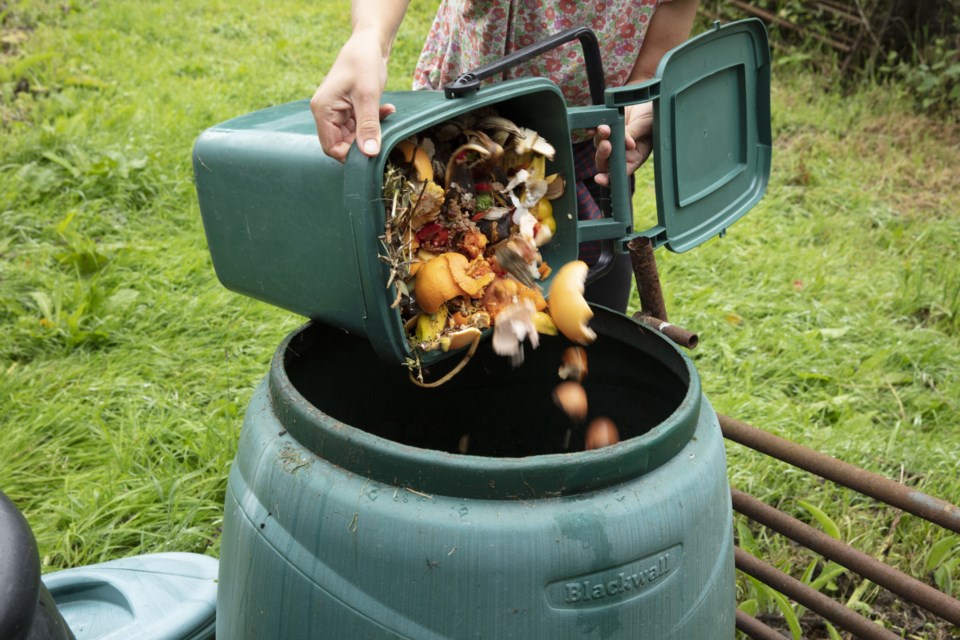Boulder County is considering a change to the land use code to make it easier for local farms to compost.
Boulder County Community Planning and Permitting is hosting a community meeting Feb. 16 regarding a potential Land Use Code update to amend provisions for composting that is incidental to farming practices. The potential change would not impact provisions related to industrial composting.
The county said the change is intended to further the county’s sustainability and climate goals, regenerative farming initiatives and the development of a local circular economy.
If approved, the update would allow agricultural producers to source composting material from the public, which could then be composted on the farm. The finished compost would then be used on-site for farming operations or sold as part of allowed accessory agricultural sales.
Currently, the land use code for unincorporated Boulder County allows composting incidental to farming on farms up to a 1,000 cubic yard limit. However, the farm cannot collect composting material from the general public and doesn’t allow retail sales of finished compost products on site.
According to the U.S. Department of Agriculture, a typical farm needs five to 20 tons of compost per acre, depending on the present soil conditions and crops.
The county said agricultural community members and local partners pursuing regenerative farming practices have expressed that these provisions act as barriers to local circular economic approaches. For example, farms see higher costs to import necessary materials from outside the county to make finished compost products.
A circular economy envisions bio-waste from food not being landfilled, instead turning it into compost and forming a resource for healthier soils.
Boulder County has one of the highest recycling and composting rates in the state, according to the 2022 State of Recycling and Composting in Colorado report, but still more than 60% of the county’s waste ends up in landfills. Statewide, only 6% of waste is composted despite an estimated one-third of waste being compostable.
That report also recommended local governments expand organics collection by creating drop-off sites for food waste and adding curbside organic collections to improve composting rates, something that local farms could do if permitted by the land use code.
The community meeting will include a presentation and overview of the existing code, as well as an opportunity for staff to hear directly from the community regarding the changes. The meeting will be 6-8 p.m. on Feb. 16 at the St. Vrain Community Hub, 529 Coffman St. in Longmont.
Following the meeting, a community questionnaire will be available and open Feb. 17-March 3. As the project is still in the conceptual phase, a formal public comment period is not yet open.



